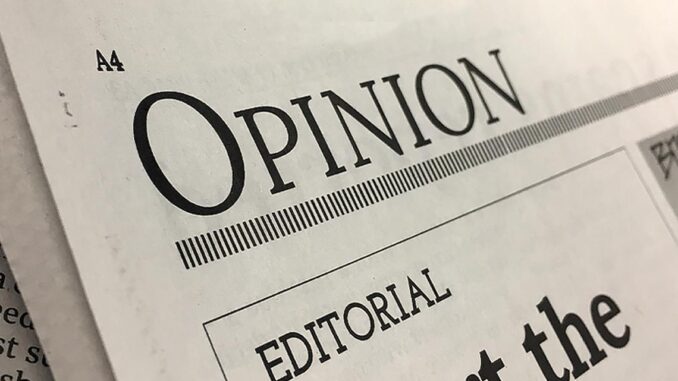
MEMBERS of the National Association of Resident Doctors (NARD) are on their fourth strike since the onset of the COVID-19 pandemic in Nigeria. It is incredulous that an industrial dispute has occurred and is recurring between the government and the doctors during a pandemic. This is an unspeakable tragedy that points to the dehumanising health environment of ordinary Nigerians who rely on government health facilities for medical care. The tragedy of the situation and its unacceptability are seen in the dire consequences it portends for life and wellbeing in a country with low life expectancy. It reflects the reckless and incautious leadership of the health sector.
Given the COVID-19 pandemic ravaging the world, all of society is expected to be mobilised to act in concert to avert the worst consequences of the spread of the virus and to help those who are sick or hospitalised as a result of contact with the virus. In many countries, resources meant for other services are deployed to address the pandemic and shore up the health sector. Even manufacturers are helped to produce the required equipment needed by frontline workers to function effectively while being protected. Such workers are treated as heroes because they work extra-hard and risk contact with the virus by their constant interaction with their patients. Many have unfortunately contacted the virus or died from it. Leaders have been judged by their handling of the response to the pandemic.
The COVID-19 emergency has been particularly trying for humanity. Some countries have had to use multiple lockdowns to stem the spread of the COVID-19 virus, yet the pandemic has lingered, with the virus mutating in dangerous ways. The health challenge it poses has been unprecedented. It is therefore strange that doctors would be treated in such a manner as to provoke industrial action Nigeria. The situation is so bad the resident doctors are owed several months arrears of salaries. Their residency training funds for the year 2020 and 2021 were never released. Indeed, in some states, there are salaries and promotion arrears running into billions of naira that are yet to be paid. This is terrible. If those leading the healthcare sector were responsible, the pandemic should have provided an opportunity to address the challenges of the sector. The response by the populace, the private sector, and philanthropists at the beginning of the pandemic provided opportunities that were never utilised to address the challenges of the health sector in fundamental ways.
We think that the situation is due to the fact that Nigerian rulers are committed to utilising health services abroad rather than positioning domestic hospitals to render first rate services. This is a clear demonstration that these rulers do not care about the ordinary citizens who cannot afford to use private hospitals, not to talk of flying abroad for such services. Unfortunately, this attitude is epitomised by the president who has become renowned for jetting out of the country for medical treatment. In properly governed societies, the treatment of a sick president in local hospitals demonstrates the relative independence of the country. How can a country claim to be independent when the health of the first citizen is in the hands of foreigners? Worse still, the clinic in Aso Rock has been mired in controversy over its lack of facilities, equipment and drugs to attend to patients. If the clinic set up to attend to the president and those working with him is in such a sorry state, what is the situation with hospitals far from the seat of power?
While it remains outrageous, the situation that has led to the strike should not be surprising. It seems that the health budget is designed to service overseas medical services by those in power at various levels. That is why a large chunk of the money voted for the sector is spent outside the country for the medical tourism of top government officials and their families. The president has been away for over 200 days in six years in office for medical treatment abroad. The resources used to meet the expensive overseas treatment would have been saved if health facilities in the country had the right equipment and were properly maintained. It is therefore important that the resident doctors draw attention to the shabby attitudes of governments at all levels.
Citizens must support the doctors to force the government to respond to the issues raised by them concerning their salaries and poor condition of health facilities across the country. This must be made an effective and short strike to usher in a turnaround in government officials’ attitude to public health services.
END

Be the first to comment